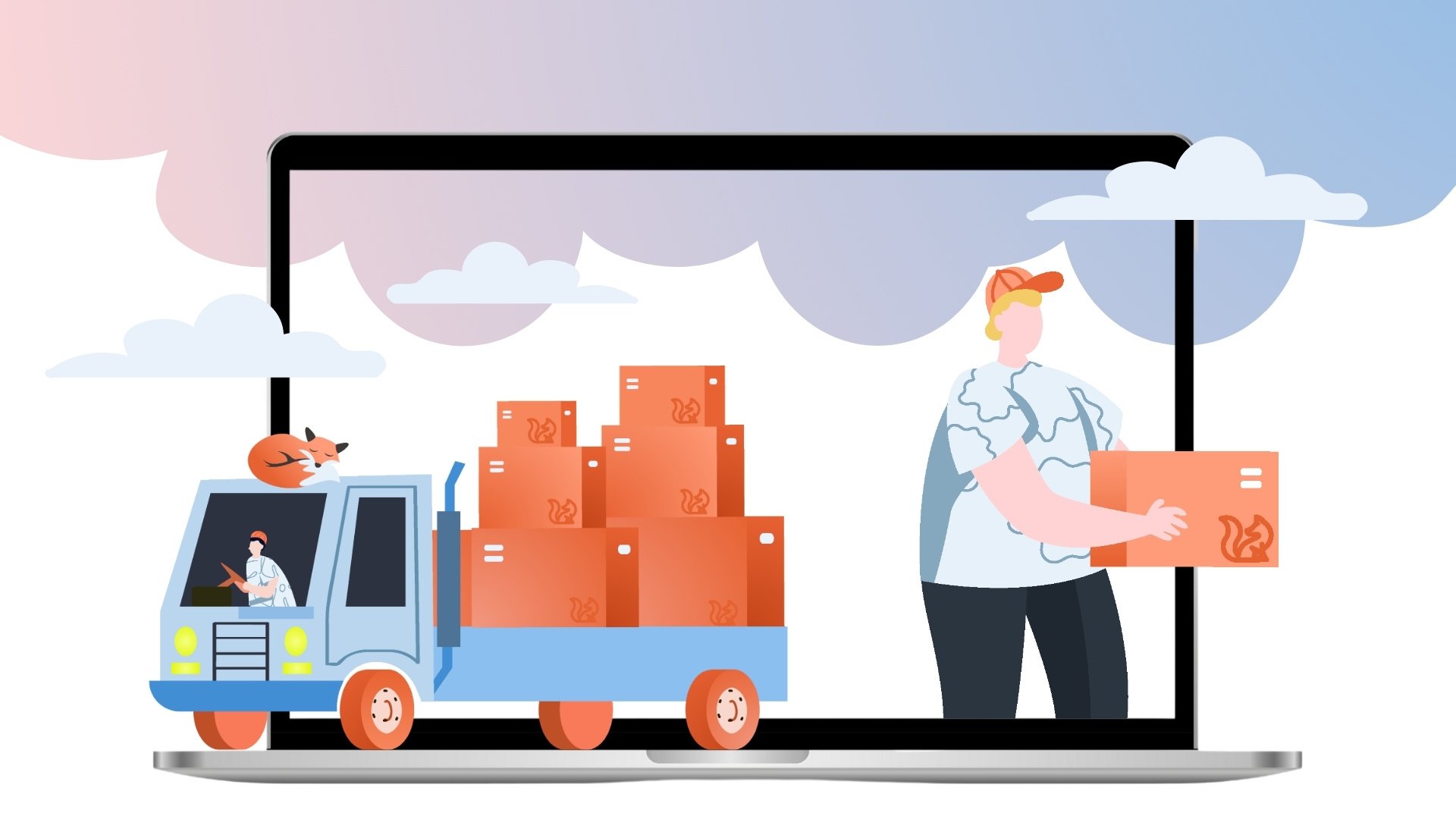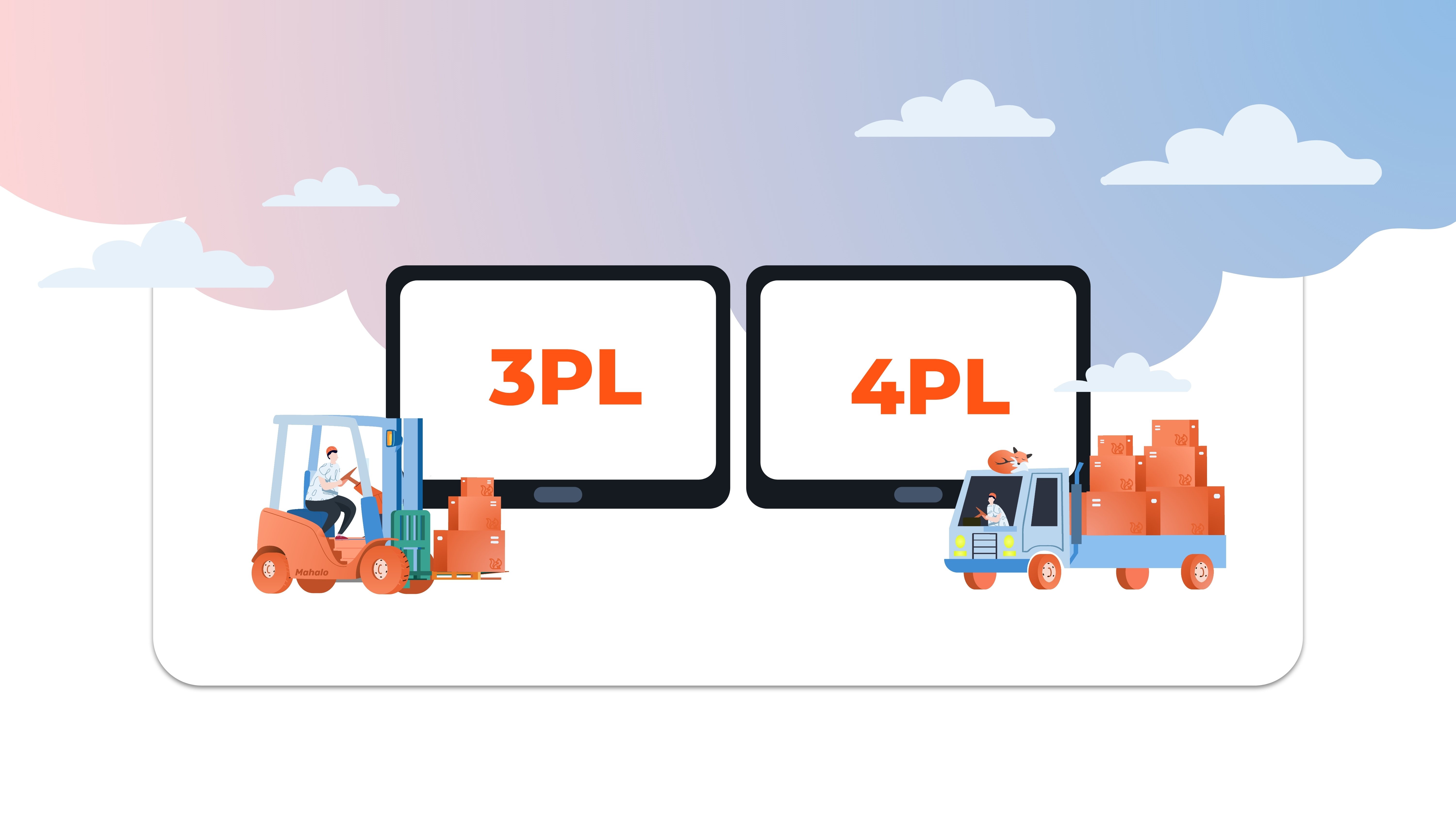6 Signs Your Business Is Ready For 3PL Outsourcing
So many companies these days start in a living room. A home office. A garage. Eventually, they begin to grow, and maybe take over a small commercial...
-1.jpg)
Amazon, and the large number of third-party sellers on Amazon, play a crucial role in the logistics industry. There are a couple different ways for third-party Amazon sellers to fulfill their orders: Fulfilled by Amazon (FBA) or Fulfilled by Merchant (FBM). About 85% of Amazon sellers use FBA, while only a small portion use FBM. Let’s take a look at the primary differences between Amazon FBA and FBM, and which is the best option for you and your business.
FBA is a fulfillment method when a seller (or seller’s supplier) sends products directly to Amazon’s fulfillment center. Amazon manages the inventory, picks, packs, and ships all of the orders. They also will handle the customer service for FBA orders.
FBM is a fulfillment method when a seller lists their products on Amazon but manages inventory, picking, packing, shipping, and customer service themselves.
There are clear pros and cons to both FBA and FBM.
If you are wanting and willing to pay for all of the Amazon perks, then FBA is a great option. Sellers can rest assured knowing that Amazon will handle their fulfillment and just about everything else.
Some sellers want more control over their supply chain, and those sellers should go with FBM. Sellers who use FBM can also seek the services of a third-party logistics provider to help them qualify for SFP.
Ultimately, only a seller can know whether FBA or FBM is best for their business.
Looking for a 3PL to help with FBM or fulfillment in general? Take a look at these key factors to consider when choosing a 3PL.
.png)
So many companies these days start in a living room. A home office. A garage. Eventually, they begin to grow, and maybe take over a small commercial...

Shipping and delivery are interchangeable terms, right? These two terms are used all the time, especially if you are a frequent online shopper or...

You have likely come across the term 3PL, but have you ever heard of a 4PL? While third-party logistics providers (3PLs) dominate the industry with a